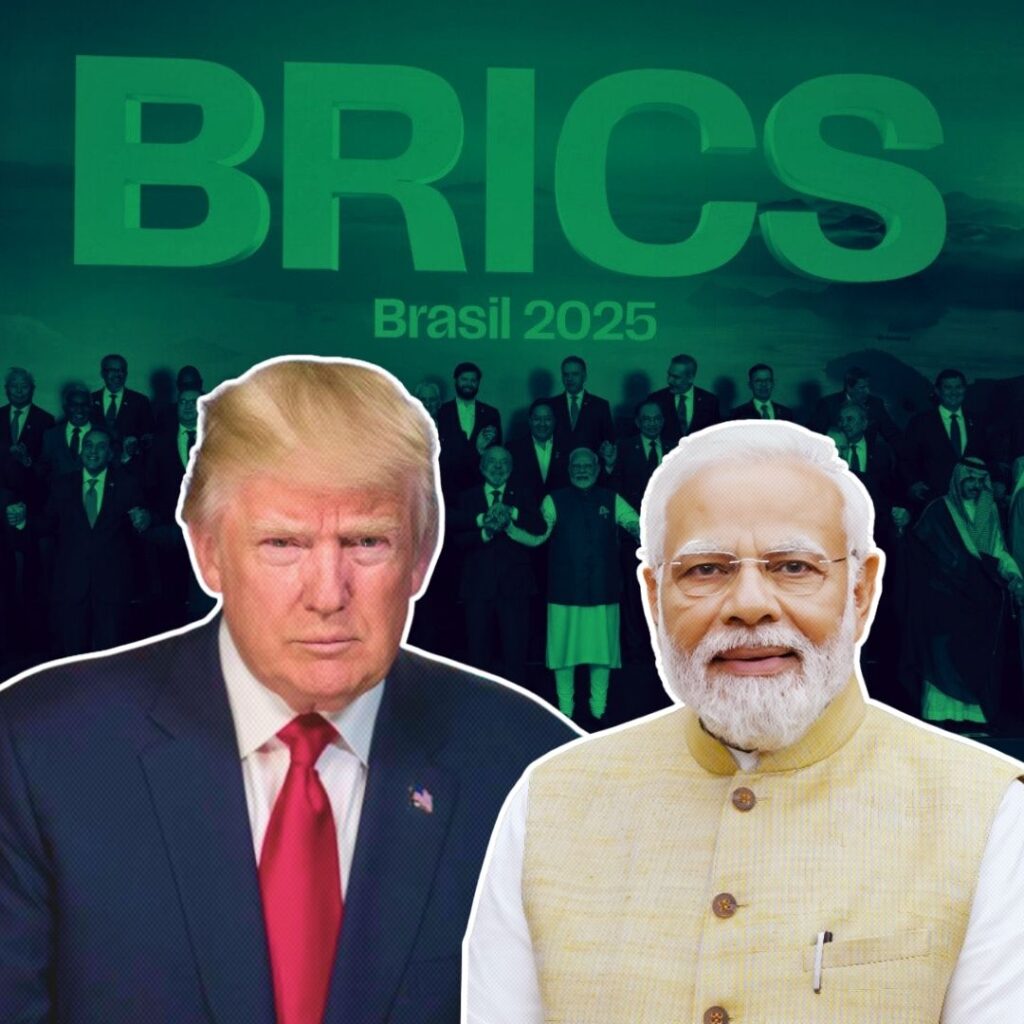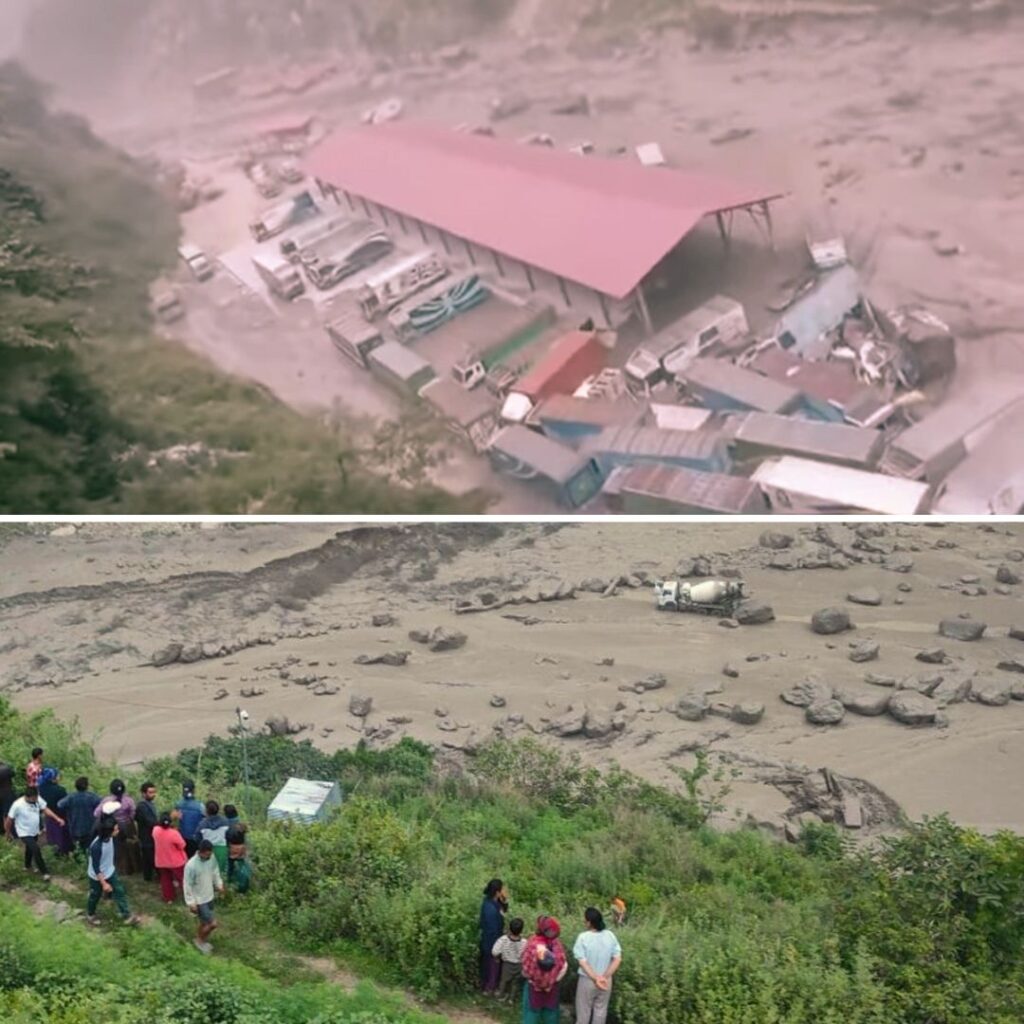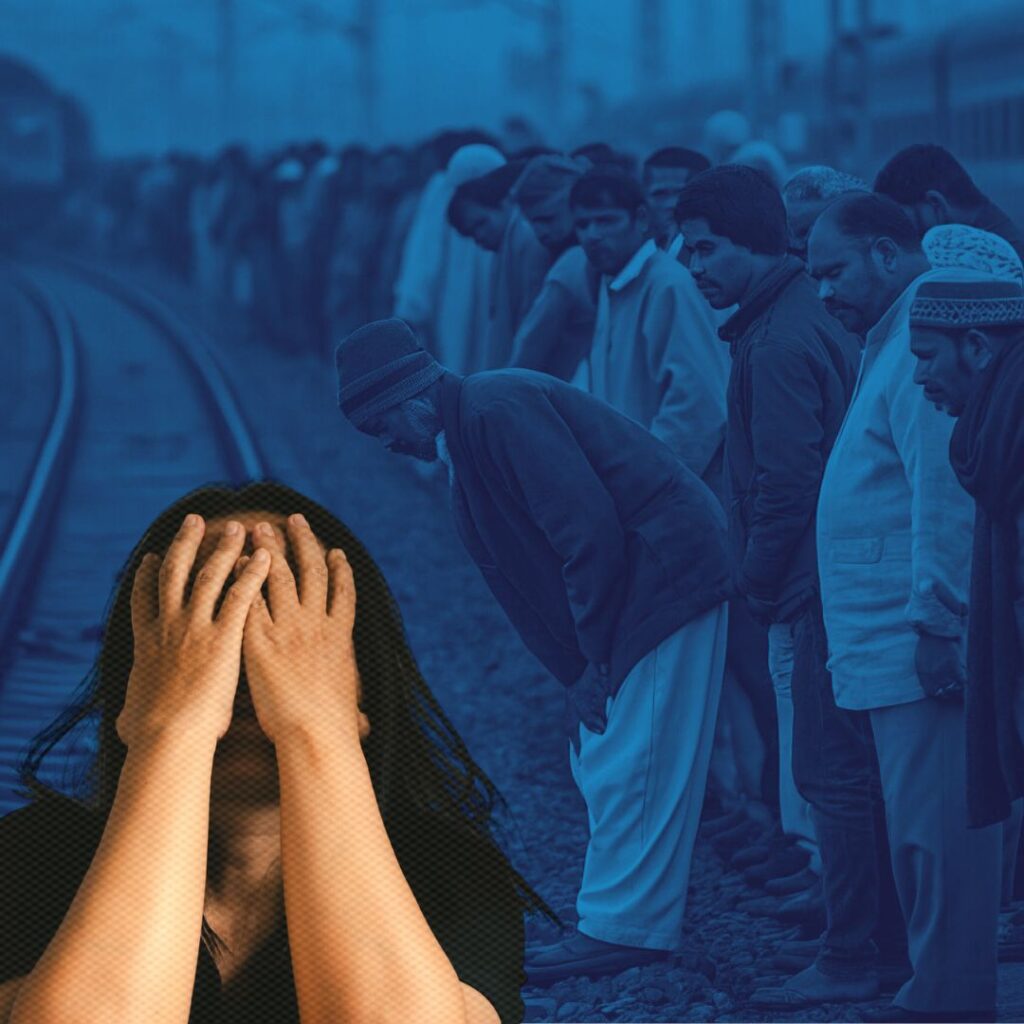India is badly infected with a high rate of illiteracy. Though eradicating illiteracy has been the Government’s agenda since Independence, there has never been a permanent solution to this problem. 35 million children in India never received primary education. 50% boys and 58% girls drop out of the school midway due to poverty and the lack of consciousness regarding education. Pehal, an NGO from Dhanbad is trying to bring about a change in the scenario, by helping kids skim through the darkness of illiteracy, through the light of education.
Pehal: Another Beginning
Pehal was founded by Deepak Kumar and Devanshu Mishra in May 2015 with the main aim educate children living in slum areas. So far they have sent 78 children of the slum areas to private schools in Dhanbad. When The Logical Indian spoke to Deepak regarding what lead to founding Pehal. He said, “It all goes back to Tundi where I spent my childhood. Education amenities at Tundi is pathetic and we all know the necessity of education.”
Tiny tots learning to read through the help of technology
In his growing up years, he made it his motto that he would educate rural children and provide them with facilities he couldn’t get in his childhood. His dream started materialising when he met Devanshu Mishra. Deepak said, “He provided me with the opportunity to interact with change-makers around different regions, helping me to see the highest quality of education in different regions”
The Work Pehal Does
“Combination of Pehal’s success is a combination of modernity and tradition,” Deepak said. They introduced modern advanced technology to traditional classroom teaching thereby making the classes interesting for these kids. “Children who are always absent and late for classroom come before our volunteer arrives in centre”, Deepak excitedly announce.
Putting tech to its best use, eradicating poverty
“Lack of easy access, lack of teachers, lack of interest, poverty, gender differentiation, lack of infrastructure, common curriculum are a few of the reasons which are holding back the progress in rural education.” The Pehal team goes door to door convincing parents that education is not exclusively for the poor. When parents started seeing a change in their kids’ behaviour and thinking they were happy.
Pehal also encourages parents to be a part of the education system. “We started weekly parents meeting to know about their problems which are hindering their kid’s education at school level. We go along with them to schools and encourage them to talk with teachers about the issues.”
The blessing of modern science – smartphones!
They have blended technology with education and introduced the first smart class in a slum in Dhanbad namely ‘Chai Gadda’ and the second one is in Manaitand. They owe everything to technology for enticing the kids to learning. They are currently devising measures to minimize the language barrier.
The challenges
After Deepak began teaching the kids of the rural and the slum areas of Jharkhand, he began realising the major challenges of materialising his dream. While teaching, he realised that all parents are ignorant of the importance of education is not entirely true. The actual problem lies with the way education system functions in the rural areas.
Combining tradition and modernity
“Teachers are not bothered about the pupil and the parents being unlettered themselves have no idea on how to extend help,” said Deepak. One of the toughest obstacles they faced was convincing the parents to send their kids to school. These children often are the breadwinners for their family and sending to school would only lead to lesser income to the family.
On the other hand, language is the main obstacle in the rural areas of Jharkhand as the people there are not well versed in Hindi and have no knowledge of English.
Impact
On being asked whether there has been any difference in these kids’ lives, Deepak says, “Those who used to beg or pick up rags now hope for a brighter future and can aim to fulfil their dreams.The current scenario is that the children always come in our centre when we start teaching with the projector and engage them with best educational videos and games.”
Here are two examples of how the organisation has touched lives:
Slum: Prerana’s mother works as a maid in different houses has a dream that her children will get a proper education as she sees in her owner’s house. Through our centre her dream became true, and her two children are now in private school.
Rural: “One of the farmer’s children came to our centre and his father grows seasonal vegetable and when season off he migrates to the city to earn a livelihood. One day we found him sad and seating in the last row. When we asked why you are sad he told that his father went to the city for a job. I asked him to search on Google about seasonal cultivation. He suggested the ideas to his father and …











